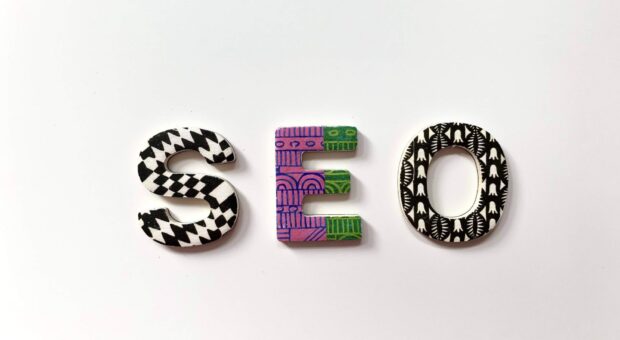
Recent advances in generative AI have revolutionized content creation and communication across various domains, particularly within the realm of Search Engine Optimization (SEO).
As we progress through 2024, AI’s profound influence on SEO practices and traditional search methods continues to redefine how marketers strategize and optimize their online presence. Let’s explore what the future looks like in this evolving digital landscape.
AI-Powered SEO
Last year we witnessed the rise of a crucial trend that continues to shape digital strategies: the adoption of AI-powered SEO tools such as Jasper. These innovative tools have transformed the optimization landscape by employing key factors like keywords, content quality, and multimedia elements to bolster website rankings and gain a competitive advantage.
Despite the benefits of generative AI, it has also posed a unique set of challenges, particularly in search functionality and consequently, in SEO. Google, which traditionally commanded over 80% of global online search traffic, now faces competition from generative AI platforms like ChatGPT. Users are increasingly turning to generative AI apps for information and solutions, raising concerns about the impact of generative AI search results on overall search traffic. While programmers are still working to refine generative AI and are addressing issues such as “hallucinating” false information, a transformed search experience may be closer than originally anticipated. Major players in the tech space are already hedging their bets by integrating generative AI tools into and alongside search results.
As the search landscape evolves, so too will the revenue generation models tied to search ads. Countless businesses rely on search engine marketing (SEM) to attract potential customers to their websites. So, as AI continues to advance, how can you adapt your business model to address the potential transformation in search dynamics?
The Evolving Search Landscape
Traditionally, search engines like Google have relied on sophisticated algorithms that crawl and index web pages, and then rank them based on their relevance and authority. However, the rise of AI-powered SEO tools has introduced another potential challenge: an influx of low-value, similarly structured content across the internet. This surge in content uniformity could prompt search giants like Google to refine their ranking algorithms, prioritizing information gain. This means that pages with fresh, valuable information could receive higher rankings.
In addition to conducting keyword research and following content optimization best practices, in this new world of SEO, marketers will need to think outside the box and speak to niche topics with the help of subject matter experts to generate content that can’t be easily replicated.
They should also be focusing their energy on off-page SEO factors such as backlinks and social signals like content sharing. As “no-click” searches become more prevalent, brands must adjust their SEO strategies to remain visible and relevant.
AI-Powered Search Algorithms
Another example of the evolution of search is the emergence of hybrid searches, exemplified by Microsoft’s integration of ChatGPT into Bing. This integration allows users to access traditional search results alongside a chat interface for specific queries, combining the best of both worlds.
Google’s RankBrain, which integrates AI into search algorithms through machine learning is another example. AI-powered site search is a technology that uses AI to enhance the search functionality on a website, unlike traditional search methods that rely on keywords. AI-powered search understands the content and intent behind a user’s search query, delivering more relevant and personalized results.
As generative AI continues to advance, we can expect to see many more search engines adopt similar technologies.
Bottomline: Keep an Eye on Things
As we navigate through these changes, marketers and SEO professionals must remain agile and adapt their strategies accordingly. The future of SEO hinges on understanding and harnessing the capabilities of AI while staying true to foundational SEO concepts. By embracing these advancements while being willing to pivot, businesses can not only survive, but thrive in the dynamic and evolving search ecosystem of 2024 and beyond.
This integration of AI and SEO is just the beginning; there will be much more to explore as technology continues to advance. Stay tuned for the journey ahead!
About VONT Performance Digital Marketing
At VONT, we believe that change is the only constant in the digital world—and that excites us. When tools and environments are constantly changing, new opportunities to help our clients achieve success are constantly arising. Each new advertising technology, social platform, or design approach allows us to improve on the results we achieve for our clients.
We believe in the idea of continual fine-tuning so much that we named our company VONT, which means to achieve exponential improvement in incremental steps. It is our core belief, and the reason why we are not simply a web design company or simply a digital advertising agency, but rather a long-term, single-source partner providing a comprehensive array of web development and digital marketing capabilities.


